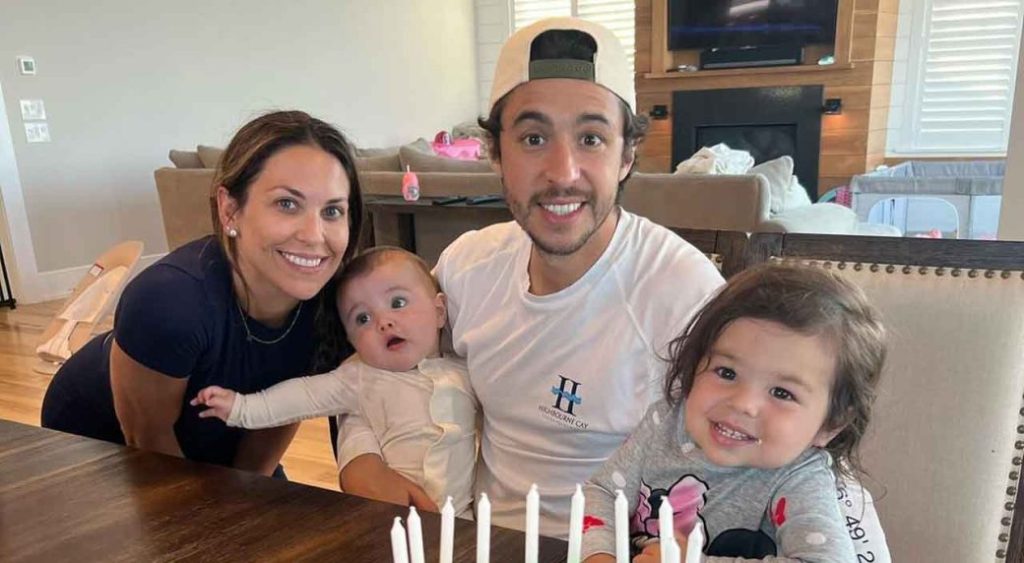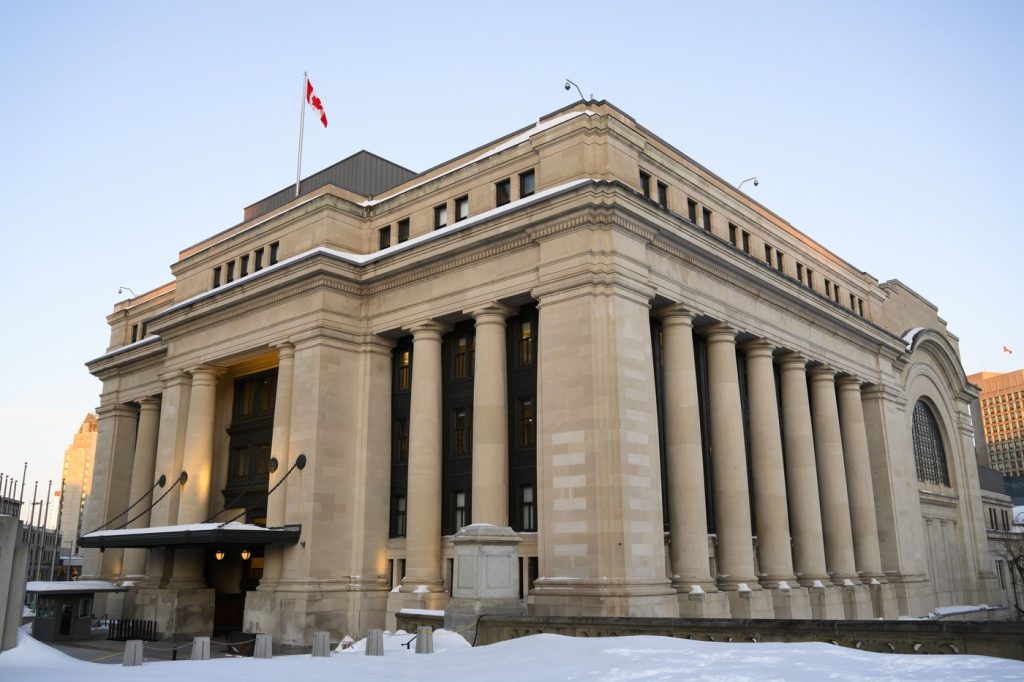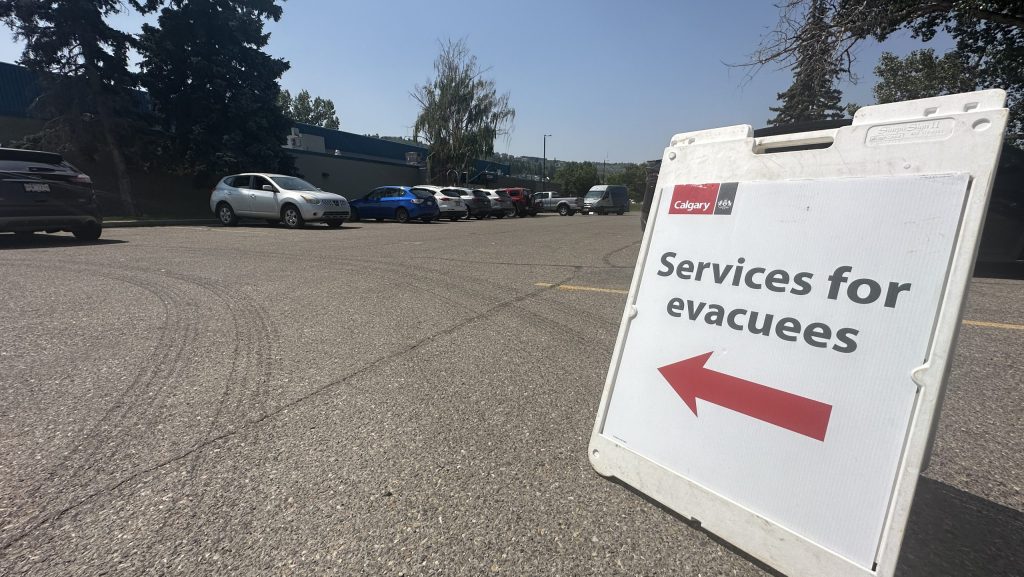Alberta allocates millions for primary care makeover
Posted Oct 18, 2023 2:38 pm.
Last Updated Oct 19, 2023 10:52 am.
Alberta announced Wednesday a plan to “stabilize and strengthen” health care, claiming the changes will lead to improved access for all.
Health Minister Adriana LaGrange outlined government actions to provide Albertans with better access to family doctors and health professionals through a phased approach, starting with immediate actions.
“We will be forming a task force, with a number of specific tasks including developing an improved compensation model for family medicine with the goal to better support physicians and their teams to have a viable practice that can meet all the needs of their patients,” she said.
LaGrange said Wednesday that $57 million will be spent over the next three years to enable family doctors and nurse practitioners to help more people.
Each provider would be eligible for up to $10,000 a year.
The plan is to develop a system where doctors can spend more time with patients and less time doing paperwork.
Improving Indigenous relationships in healthcare
The province also says it is working to create an Indigenous health division within Alberta Health.
This is in addition to a new, $20-million fund for Indigenous communities to develop and run their own innovative primary health care services, and create an Indigenous patient complaints investigator.
The investigator will work to address concerns Indigenous people experience while interacting with the health-care system.
“One goal is for every Albertan to have access to a primary healthcare provider when and where they need it. Another goal is for Indigenous peoples to have access to appropriate care that meets the unique needs that meets the needs of their communities and is free of racism. There are no easy solutions to get us to where we need to be on both these fronts. To achieve these goals, we must make primary healthcare the foundation of the entire healthcare system.”
LaGrange says it’s unacceptable that Indigenous peoples continue to face so many barriers when accessing primary health care.
“This investment will help Indigenous peoples deliver comprehensive primary health care closer to their communities. An Indigenous patient’s complaints investigator and an Elders roster will also be created. The Elders roster will guide Indigenous peoples through the complaints process by providing spiritual and cultural support from the beginning of their complaint to resolution.”
The next step will be to further engage with health-care partners, including Indigenous communities, to implement immediate priorities and broader recommendations.
MAPS initiative
All of these changes come following the work of advisory panels as part of Alberta’s Primary Health Care System (MAPS) initiative, which identified immediate, medium- and long-term improvements to strengthen Alberta’s primary health care system.
LaGrange says the MAPS recommendations represent a huge leap forward for Alberta’s primary health-care system and will help to build more meaningful connections with Indigenous leaders to identify gaps in the system.
Opposition doesn’t buy new initiatives
In a statement following LaGrange’s announcement, NDP critic for primary and rural care David Shepherd says the UCP has been made promising about primary care reform for years.
“More Albertans than ever before can’t find a family doctor, but the UCP just keep pushing papers around their desk. Today, they announced the creation of another panel with reheated instructions to study actions they’ve been discussing and promising to take for years, including a new primary care compensation model.
While he slammed the plan for lack of “tangible” actions to recruit and retain physicians, the Opposition MLA said he was glad to see the release of the work of and recommendations from the Indigenous panel.
” In our consultations with Indigenous and other racialized communities they were clear there is real work to be done to address issues of systemic racism and begin working towards health equity,” Shepherd said. “We will be watching closely for tangible action to be taken on these fronts.”
Walking back
Chris Galloway, executive director of Friends of Medicare, says it’s good to see the wheels in motion when it comes to fixing the system.
“I just think we had a government that blew up the relationship with the AMA and with doctors, ripped up a contract, drove so many of them out of the province, which is why Albertans can’t access a doctor right now in so much of the province,” he said. “And, we see them reversing some of those changes today, looking at things like the ‘good faith’ claims.”
Another positive for Galloway is for the current government to fix the problems put in place by the previous government.
But, he still believes, there’s not enough urgency with this staged approach, and says the province needs to do better.
-With files from The Canadian Press








